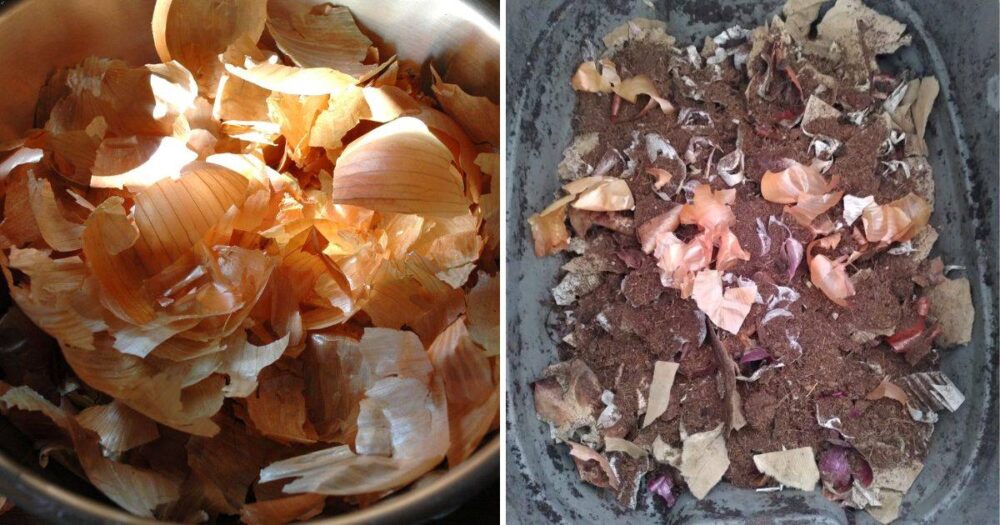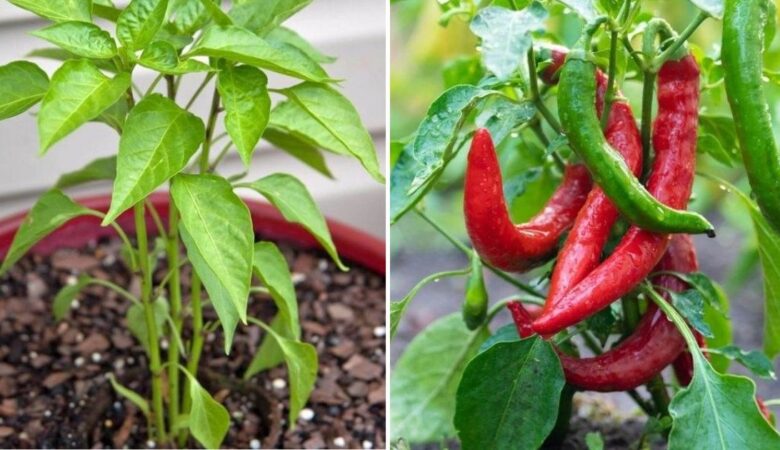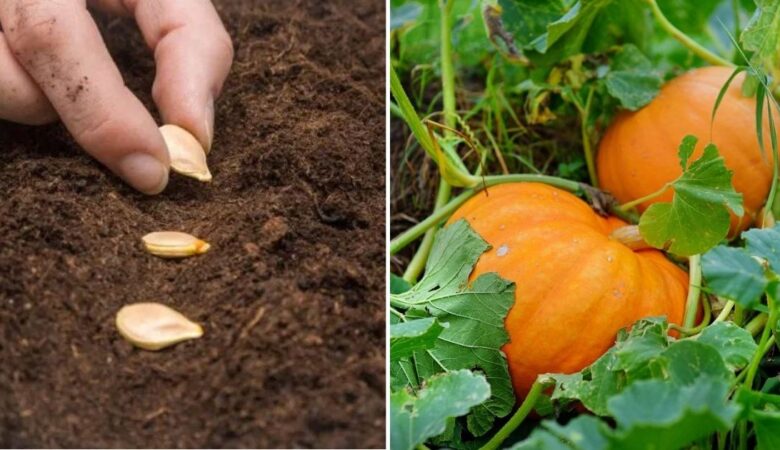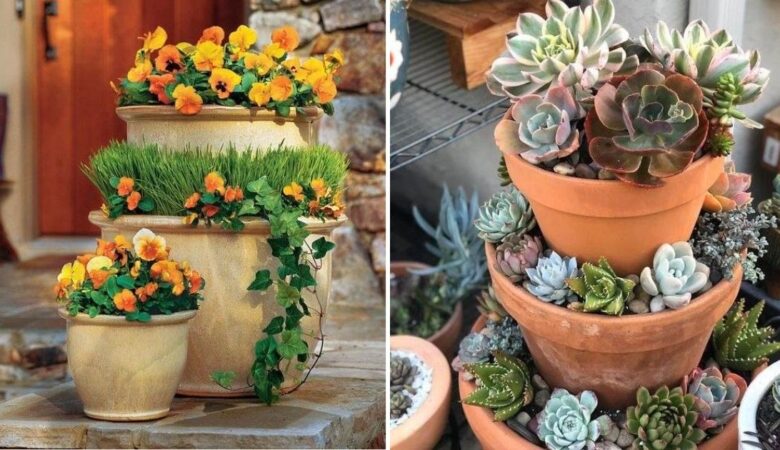Onion skins, those often overlooked papery layers surrounding the pungent vegetable, pack with benefits when it comes to both health and garden. These unassuming wrappers are rich in nutrients, antioxidants, and a myriad of applications for a healthier lifestyle and a thriving garden.
In this article, we’ll unravel the multifaceted advantages of onion skins and discover how they can not only enhance your well-being but also breathe new life into your garden. Let’s peel back the layers and unveil the magic of onion skins.

Onion Skins’ Health Benefits
1. Antioxidant Powerhouse
Onion skins are a potent source of quercetin, a natural antioxidant that helps combat oxidative stress in the body. This means they can play a role in preventing chronic diseases and enhancing overall health.
2. Immunity Booster
The antioxidants within onion skins can help bolster your immune system, making you more resilient to common ailments such as colds and flu. Just brew a tea from onion skins and enjoy a flavorful immune boost.

3. Natural Fabric Dye
Onion skins are renowned for their ability to impart rich, warm hues to fabrics, offering a sustainable and chemical-free alternative to synthetic dyes. Experiment with different hues by adjusting the quantity of skins in your dye bath.
4. Culinary Excellence
The papery layers of onion skins can be dried and ground into a powder, lending a subtle, earthy flavor to soups, stews, and sauces. This not only reduces kitchen waste but also infuses your dishes with a distinctive, rustic taste.

5. Ecological Cleaning
Harness the power of onion skins for eco-friendly cleaning, which is a perfect alternative to chemical ones. Their natural compounds can be used to create homemade cleaning solutions that effectively tackle stains, grime, and even act as a natural insect repellent.
See also 8 Amazing Tomato Leaf Uses
Onion Skin Uses In The Garden
1. Nutrient-Rich Compost
Onion skins, when added to your compost pile, contribute valuable nutrients to the mix. Their high carbon content balances the nitrogen-rich components, resulting in nutrient-dense compost that nourishes your garden.

2. Pest Deterrent
Onion skins contain compounds that are unappealing to many common garden pests. Placing a layer of onion skins around your plants can help deter critters like aphids and slugs.
3. Natural Mulch
Dry, papery onion skins make for excellent mulch. They can help regulate soil temperature, reduce evaporation, and suppress weeds. Simply spread them around your garden beds for an attractive and effective mulch solution.

4. Soil Enrichment
When buried in the soil, onion skins gradually decompose, enriching it with essential organic matter. This improves soil structure, enhances moisture retention, and provides a conducive environment for beneficial soil organisms.
5. Beautiful Garden Art
Get creative with onion skins by using them to create natural dyes for plant pots or garden art. It’s a sustainable way to infuse color and character into your garden decor while making use of kitchen waste.
FAQS
1. Can I Use Onion Skins From Any Type Of Onion For These Benefits?
Yes, onion skins from red, white, yellow, or any other variety offer similar benefits.
2. How Should I Store Onion Skins For Future Use?
You should store dried onion skins in an airtight container in a cool, dark place. This will keep them fresh for an extended period.

3. Are There Any Precautions To Take When Using Onion Skins In The Garden?
While onion skins can deter some pests, they might not be effective against all garden invaders. Consider using additional pest control methods if needed.
See also 16 Beautiful Desk Plants To Liven Up Your Office
Now you’ve discovered various ways to make use of onion skin – a kind of kitchen scarp to reduce waste and take a step closer to sustainable gardening. So get creative and harness all potentials that onion skins offer to solve everyday problem.
[ad_2]






